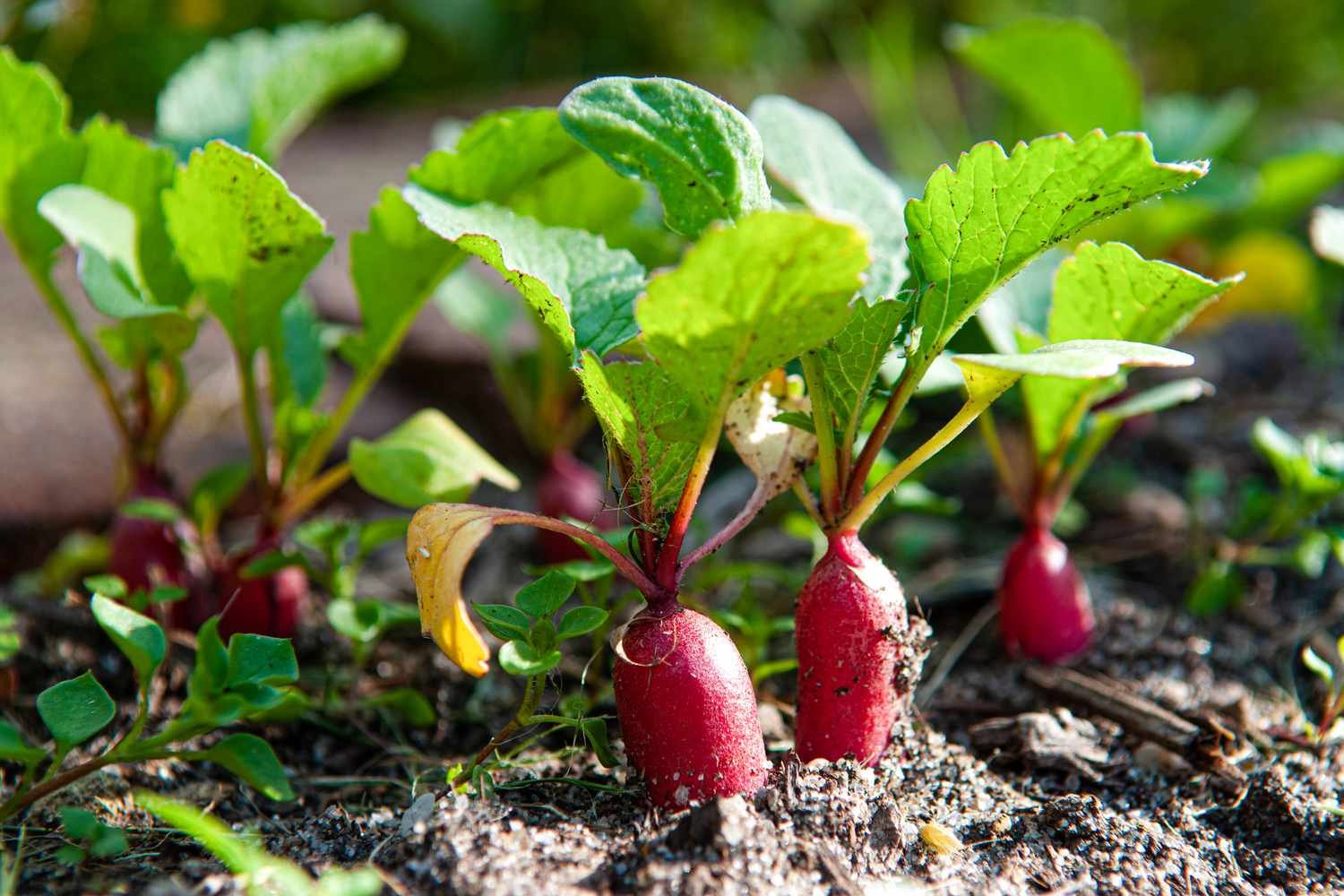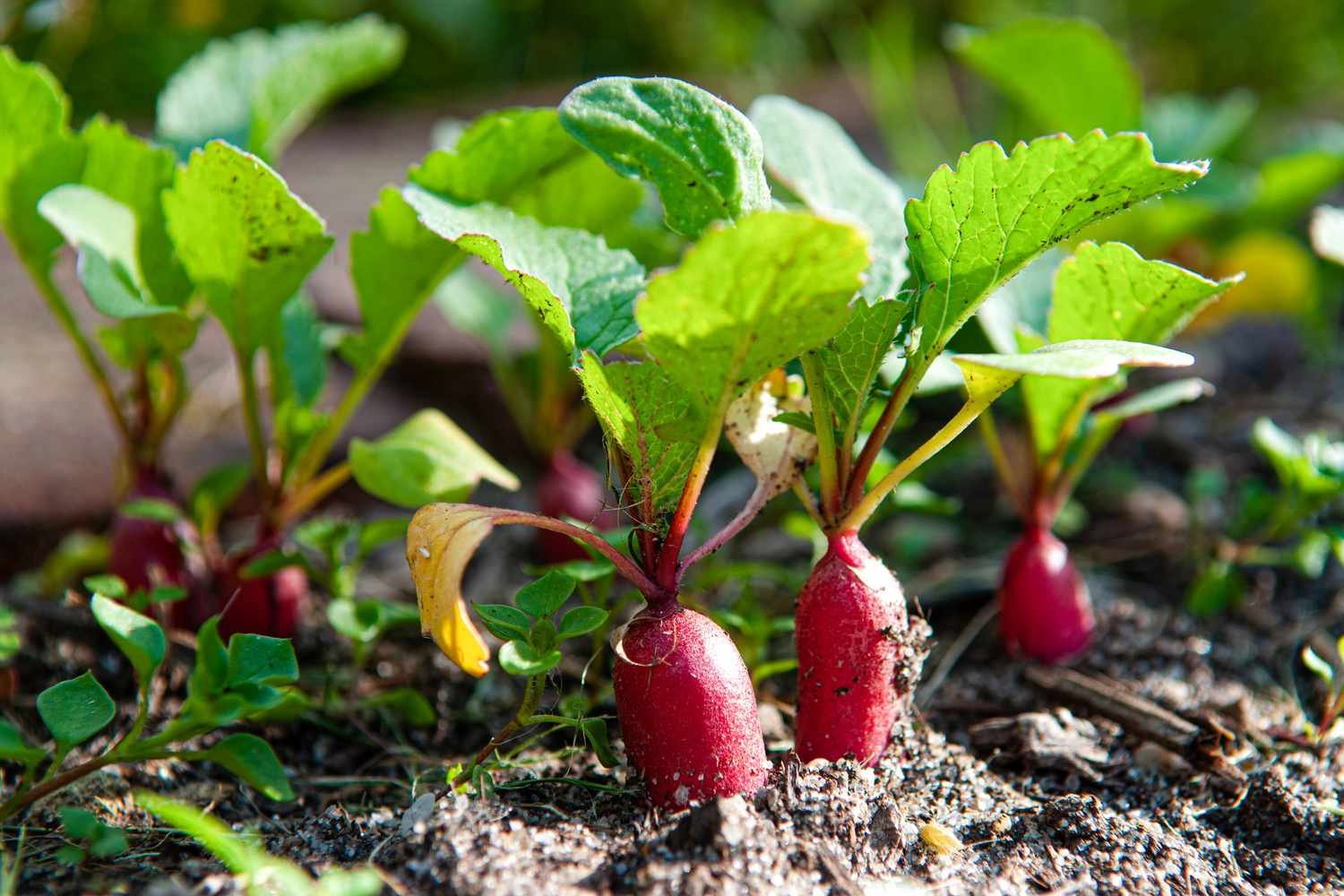Mediterranean cuisine is renowned for its emphasis on fresh, wholesome ingredients that celebrate the flavors of the region. Vegetables play a central role in Mediterranean cooking, providing vibrant colors, robust flavors, and essential nutrients. Whether you’re inspired by Greek, Italian, Spanish, or Middle Eastern dishes, incorporating these vegetables into your meals will add authenticity and a taste of the Mediterranean sunshine. Here’s a detailed guide on the best vegetables for Mediterranean cuisine:

Tomatoes
Tomatoes are a quintessential ingredient in Mediterranean cuisine, adding sweetness and acidity to dishes. Varieties like Roma, San Marzano, and cherry tomatoes are commonly used in sauces, salads, and as toppings for pizzas and bruschettas. Tomatoes are rich in vitamins, antioxidants like lycopene, and are a staple in the Mediterranean diet.
Eggplant
Eggplant, or aubergine, is another staple vegetable in Mediterranean cooking, prized for its meaty texture and ability to absorb flavors. It is used in dishes such as Greek moussaka, Italian caponata, and Middle Eastern baba ghanoush. When grilled, roasted, or fried, eggplant becomes creamy and savory, making it a versatile ingredient.
Bell Pepper
Bell peppers come in vibrant colors—red, yellow, and green—and are used raw in salads, roasted, grilled, or sautéed in Mediterranean dishes. They add sweetness and crunch to dishes like stuffed peppers, Mediterranean salads, and roasted vegetable platters. Bell peppers are high in vitamin C and antioxidants, contributing to their health benefits.
Zucchini and Summer Squash
Zucchini and summer squash are abundant during Mediterranean summers and feature prominently in dishes such as ratatouille, grilled vegetable platters, and Mediterranean-style pasta dishes. They are mild in flavor, tender in texture, and cook quickly, making them versatile for grilling, roasting, or sautéing.
Artichokes
Artichokes are cherished in Mediterranean cuisine for their delicate flavor and meaty heart. They can be steamed, grilled, roasted, or braised and are commonly found in dishes like Italian artichoke pasta, Spanish paella, and Greek mezze platters. Artichokes are rich in fiber, antioxidants, and minerals, contributing to their nutritional profile.
Olives
While technically a fruit, olives are a fundamental ingredient in Mediterranean cuisine, providing essential fats and a distinctive flavor. They are used in salads, as toppings for pizzas and pasta dishes, and in tapenades and spreads. Olives come in various varieties and are cured in brine or oil to enhance their flavor.
Cucumbers
Cucumbers are refreshing and hydrating vegetables widely used in Mediterranean salads, tzatziki sauce, and as a side dish. They add crunch and a cooling element to meals, especially during hot Mediterranean summers. Cucumbers are low in calories, high in water content, and rich in vitamins and minerals.
Fennel
Fennel has a mild licorice flavor and crunchy texture that adds depth to Mediterranean dishes. It can be eaten raw in salads, braised, roasted, or grilled. Fennel bulbs and fronds are used in Italian salads, Greek dishes, and as a garnish or aromatic in seafood dishes. Fennel is rich in fiber, vitamin C, and antioxidants.
Conclusion
Incorporating these best vegetables for Mediterranean cuisine into your cooking not only adds vibrant flavors and textures but also embraces the healthful benefits of a Mediterranean diet. These vegetables are rich in vitamins, minerals, antioxidants, and dietary fiber, contributing to overall well-being and longevity. Whether you’re enjoying a simple Greek salad, a hearty Italian pasta dish, or a flavorful Middle Eastern mezze platter, these vegetables play a crucial role in creating authentic Mediterranean flavors. Experiment with different cooking methods and recipes to savor the essence of Mediterranean cuisine in your own kitchen, bringing a taste of the Mediterranean lifestyle to your dining table.










